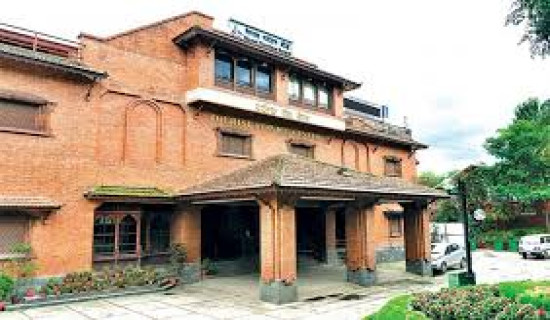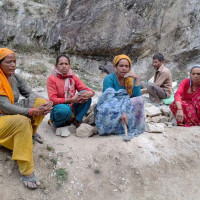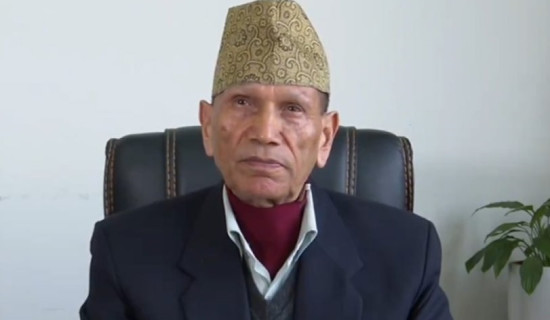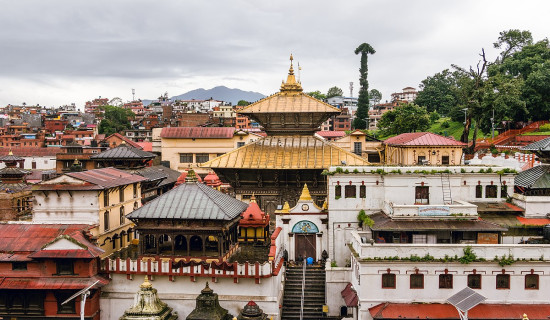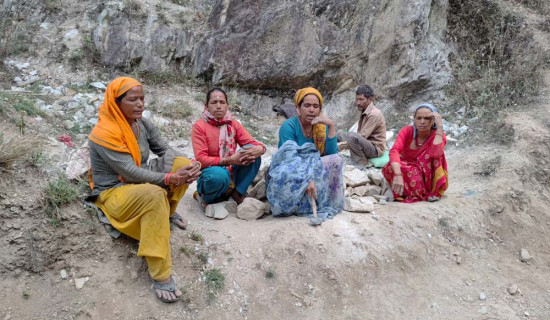- Tuesday, 17 February 2026
Distortion in Teej in name of modernity
By Siraj Khan
Nepalgunj, Sept. 16: The celebration of Haritalika Teej festival, deeply cherished by Hindu women as a symbolic exchange of yearly sorrows and joys, has undergone a noticeable change in recent years.
Once a simple and heartwarming celebration, the festival has now embraced contemporary adaptations, potentially diluting its traditional essence. It has been commercialised
over the years.
Hotels and restaurants have begun hosting elaborate Teej celebrations, integrating modern music and dance. Such evolutions, according to Tara Rokaya, president of Tara Foundation Banke, are causing the festival's core spirit to fade.
Rokaya emphasises how Teej was once a time of bonding amongst female friends and family, marked by joyous song and dance. But now, Teej celebrations have moved away from
these simpler joys.
Kalpana Sharma, a resident of Nepalgunj 5, resonates with this sentiment. She said, “Teej festival has lost its true meaning with its increasing commercialisation, where party halls and resorts are booked, and the events have been more about flaunting wealth than commemorating tradition.
Kiran Acharya, a woman’s rights advocate from Nepalgunj, warned of the future implications. She feared that the evolving nature of Teej might soon alter its core significance. Acharya also suggested that the funds spent on lavish celebrations could be redirected towards supporting
underprivileged women.
Dama Sharma, another female leader, raised concerns about the influence of Western culture. She believes that if unchecked, these influences might overshadow native traditions.
Many influential women from Banke have expressed their disappointment over this shift in Teej's observance.
Some even humorously noted that Teej seemed to be more about promoting artists nowadays, just like the rains grow mushrooms.
Traditionally, on the eve of Teej, a special meal is consumed to provide energy for the subsequent day's fast and festivities. This custom is rooted in the belief that certain foods keep the body energised for extended period. However, new practices deviate from this tradition, causing a ripple of societal inconsistencies.



